As we’re working on Mariette in Ecstasy, a play which examines the lives of nuns at the turn of the century in upstate New York, I find myself struggling with one of the key ideas of the text.
Why would anyone actively seek pain?
Mariette Baptiste, a young postulant, loves Christ with a passionate, teenage devotion. She longs to understand Him completely, to enter into His world totally. For her, this means understanding His great love for mankind…and His suffering And how can she understand it completely except by taking on his pain physically?
In our world, we pretty much do anything possible to avoid pain. We want to feel good and strong and healthy. We laud the modern medical miracles that alleviate pain. We have psychoanalysis to ease our psychic pain. So the idea of seeking pain as a desirable thing is a bizarre concept.
But the idea of finding some deeper life meaning by pursuing pain is one that would be accepted quite readily by the just post-Victorian nuns in Mariette in Ecstasy. It’s a common idea in Christian mysticism. St. Theresa spoke of feeling a flaming arrow that came from God that filled her with a “delightful pain.” St. John of the Cross, a Spanish mystic, talks of a “dark night of the soul” a place of unimaginable psychological torment…but a place through which the soul must necessarily pass before being truly united with God. The Catholic mystic Sister Maria Maddalena de Pazzi sometimes wore a tight crown of thorns; other times she firmly strapped a girdle to her body so that its sharp nails dug into her flesh. She walked barefoot in winter, burned her skin with hot candle wax and resisted the desire to eat and sleep.
These mortifications are also familiar to us…as comedy routines from Monty Python and on Saturday Night Live. They are so strange as to be ridiculous.
But the truth is that a belief in the transformative power of sacred pain isn’t confined to Catholicism. We see it in offshoots of almost every world religion, from Buddhism to Islam to Native American religions. “When pain transgresses the limits,” the Muslim mystic Mizra Asadullah Ghalib is quoted as saying, “it becomes medicine.”
So, how can a modern audience deal with all this in Mariette? Should we be expected to feel sympathy with this longing? Or just regard it as pathological?
This play doesn’t tell you to think one way or the other, I hope. The ideas should be yours. But this is what I’ve been thinking about…what happens to a society when it takes the opposite route? When it avoids pain at all cost? When the pursuit of comfort becomes all consuming? Can change happen without pain? Can growth? If we could move beyond our fear of pain, would we be able to accomplish more and experience more? Do we need to embrace it to conquer it? And find something better beyond it?
Mariette is a play that makes me think about those questions…and others. Hope it will do the same for you.
